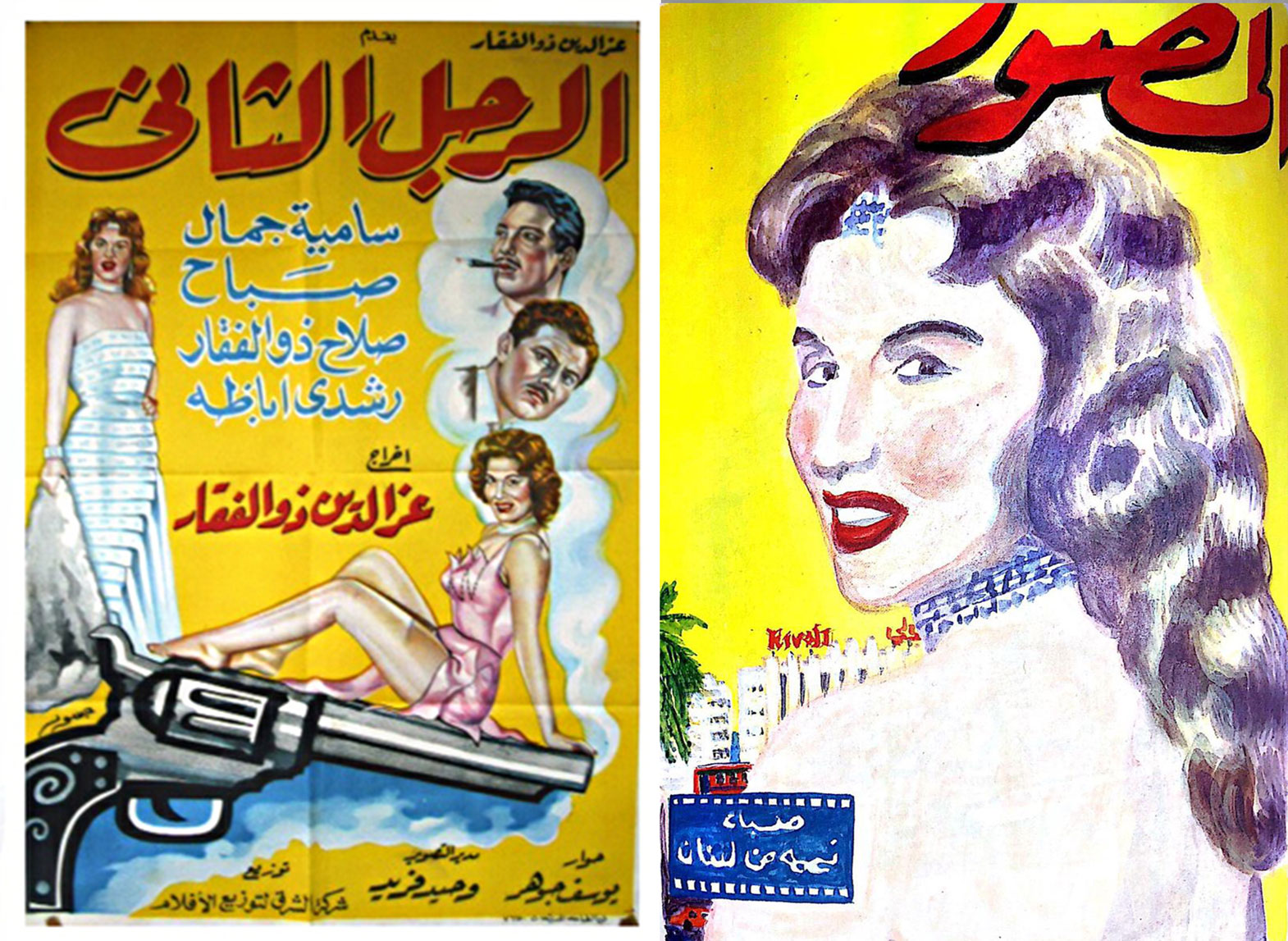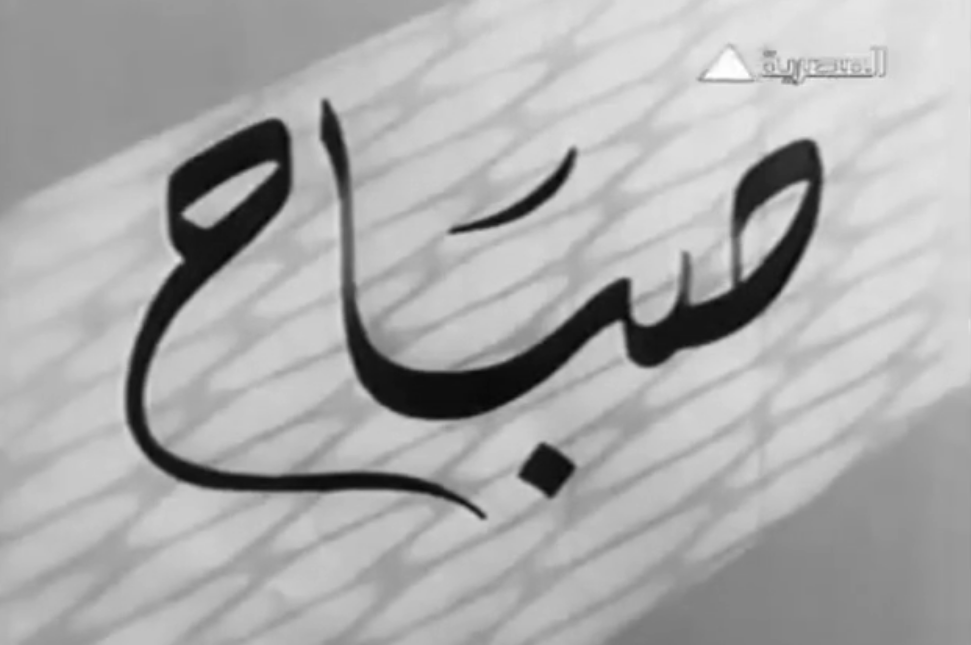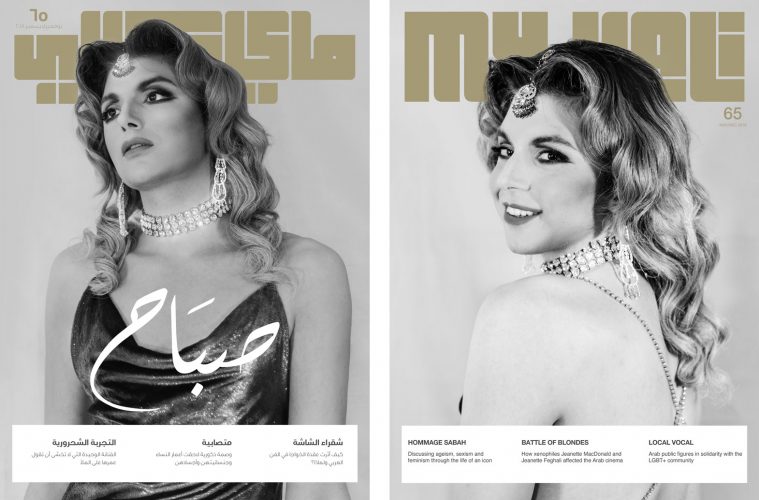Sabah
In this issue, we attempt to present the character of Sabah / Shahroura (November 10, 1927 – November 26, 2014), her profound impact on society as a source of inspiration among sexuality freedom, and the glory and fame she reached despite the patriarchal and masculine forces she encountered along the way.
In her late years, media personalities ridiculed Sabah and subjected her to an array of hostilities often directed against women. Some tried to obscure her creative achievements and undermine her long artistic history by minimizing her to the number of times she was married or her age. a subject she was never ashamed to talk about. Some tried to reduce her to an object of sexuality, as if a woman’s sexuality has an expiry date. But what is perhaps most intriguing is that Sabah used the privileges available to men – not women – without compromising with what is commonly known as “feminine.” She refused to submit to pressures of stigmatization, and lived the life that best suited her.
We will shed light on gendered societal issues through examining Shahroura’s presence in life and film, and how the public dealt with it. As previously stated, she lives her life as she wishes, no matter the seeming contradictions. In one film, El Motamarreda (The Rebel) 1963, she played the daughter of a wealthy man who uses her influence to subjugated other men. In another, Khadaini abi (My Father Deceived Me) 1951, she played a drastically different character, a woman forced to choose between marrying the rich man her greedy father has chosen for her or running away with her poor lover.
Sabah lived her life without shyness, and she survived the attempts of men who repeatedly tried to deceive her.
This issue’s articles consider the effect of the xenophilia on the Arabic art and on Sabah’s life, in particular, which was minimized to her blonde hair, the stigma of women who marry younger men, and the number of men they marry. But more importantly, we want to celebrate Sabah’s strength! So, we have chosen to bring her, one who broke binaries and inspired many, back to life by featuring the emerging entertainment character: Aphrodite Nicole Smith.
The cover: The reference for the cover look is taken from – the original ‘Drunken love’ – Sabah’s performance in film Al Rajal Al Thani (the second man), 1959, in song A’atshana (Thirsty), watch the performance below.

Left: Poster of film “Al Rajol Al Thani – The Second Man” 1959. Right: Art work from book “Ya Leil Ya Ein” By Lamia Zeyadeh, which is based on Sabah’s character in film “The Second Man”
Font: The font used on the arabic cover edition to type the name “Sabah” is ‘Diwan’, and it was inspired from the opening credits of film Khatef Merati (He stole My wife) 1954.

Photographed by Omar Sha3
Sabah Character portrayed by Aphrodite Nicole Smith
Styled by Fadi Zumot
Makeup by Ghadeer Banek
Hair by Hiba at Frank Provost – Amman
Directed by Khalid Abdel-Hadi
Dress and choker by Nafsika Skourti. Head piece by BCBG Max Azaria – Amman
عدد #صباح بالتعاون مع موقع جيم @Jeem_me_ ، هيكل العدد هنا: https://t.co/fjchSJ1gLV pic.twitter.com/MTgjvyaql9
— My.Kali | ماي كالي (@mykali_mag) December 22, 2018

